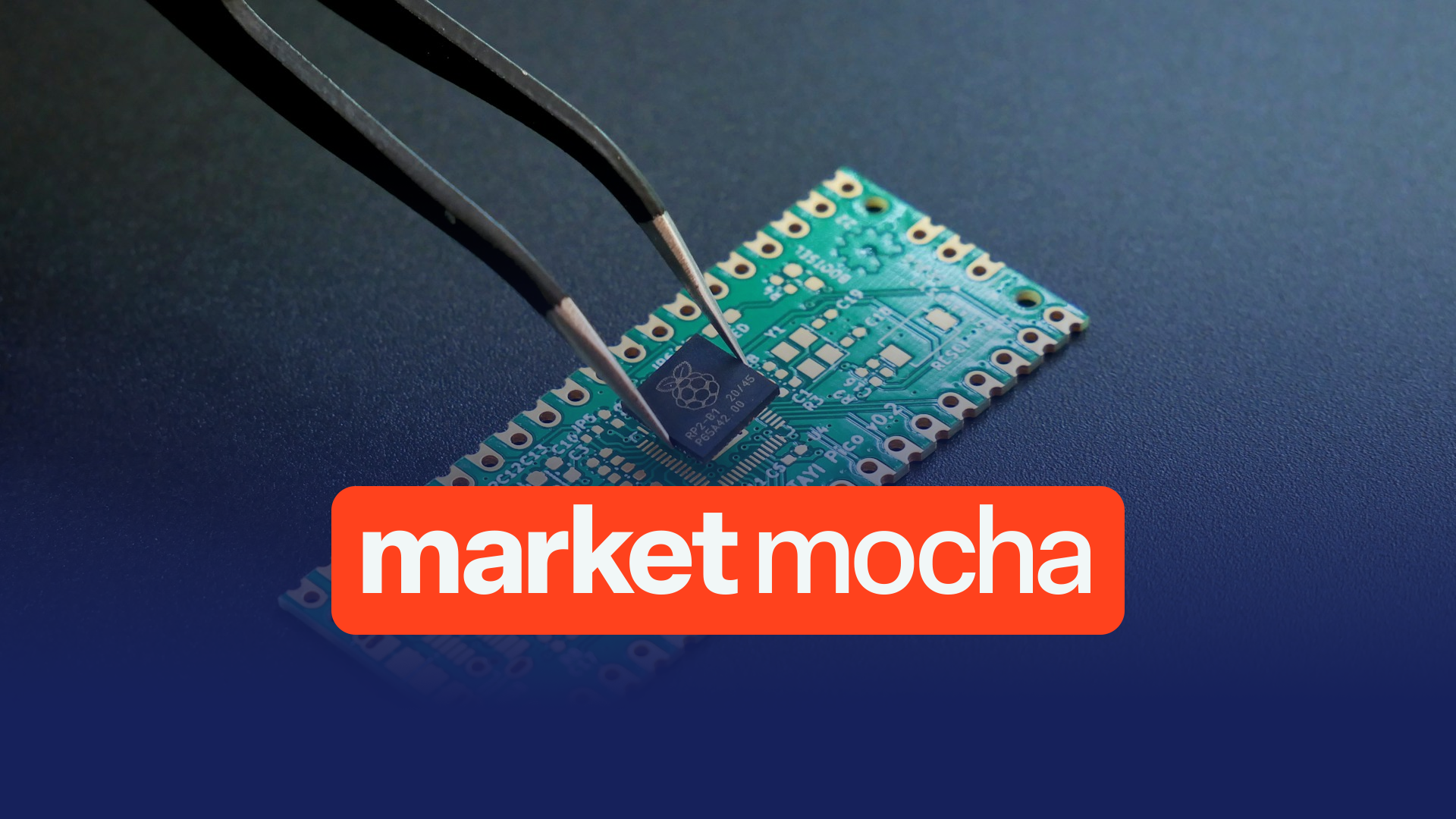Semiconductor sector leads sharp global sell-off as new US licensing rules squeeze Nvidia, AMD and ASML
Technology stocks tumbled on Wednesday as fresh export controls and tariff uncertainty sent shockwaves through the semiconductor industry, triggering steep declines in shares of Nvidia, Advanced Micro Devices, and other chipmakers.
Nvidia (NASDAQ:NVDA) fell 6.87% to US$104.49 after revealing it would take a US$5.5bn charge in the first quarter due to new US licensing requirements on exports of its H20 chips to China. The H20 was Nvidia’s most advanced AI chip available for sale in the Chinese market, and had been designed to comply with earlier restrictions introduced during Joe Biden’s presidency.
The US Commerce Department informed Nvidia on 9 April that export licences would now be required, and confirmed on 14 April that the rule would remain in place indefinitely. The company said the charge reflects inventory, purchase commitments, and related reserves associated with the affected chips.
The restrictions appear to have caught buyers midstream. Chinese tech giants including Tencent, Alibaba and ByteDance had been ramping up purchases of the H20, with analysts pointing to booming demand for low-cost inference-focused AI models developed by firms like DeepSeek. Despite being slower than Nvidia’s top-end offerings for training, the H20 is seen as competitive for inference—an area Nvidia CEO Jensen Huang recently described as the “fastest growing” segment in AI.
Advanced Micro Devices (NASDAQ:AMD) fell even harder, dropping 7.35% to US$88.29 after disclosing it expected an US$800m hit from export curbs affecting its MI308 chip, a data centre GPU also caught in the latest rules.
The sweeping export controls, introduced by the Trump administration as part of a wider trade offensive, have raised alarm across the industry. Fed Chair Jerome Powell warned the tariffs could fuel inflation, and said they were creating a “challenging scenario” for economic planning.
Global shockwaves as ASML, TSMC and Samsung also fall
Dutch semiconductor equipment maker ASML, which supplies the chipmaking machines used to produce advanced processors, dropped more than 5% after reporting €3.94bn in net bookings—around €1bn below investor expectations. CEO Christophe Fouquet said the tariffs had “increased uncertainty in the macro environment”.
South Korea’s Samsung Electronics and SK Hynix both fell by around 4%, while Taiwan Semiconductor Manufacturing Company lost 2.5%. US-based equipment makers Applied Materials and Lam Research fell approximately 5% in sympathy.
The VanEck Semiconductor ETF slid over 4%, with heavy losses across the board. Micron Technology, Marvell Technology and Broadcom each dropped more than 2%.
The rout spread to the broader tech sector. The Nasdaq Composite fell 3%, with Meta, Apple, Amazon and Microsoft each down around 3%. Tesla shed 5%, and Alphabet lost over 2%. The S&P 500 closed down 2%, and the Dow Jones Industrial Average fell 1.7%.
Volatility returns as Trump recalibrates trade strategy
The selloff marks a sharp reversal from recent gains fuelled by hopes that Trump’s re-election might boost US tech. Those hopes had powered a post-election rally, with many in the sector attending inauguration events to signal alignment with the new administration.
But investors have struggled to navigate abrupt shifts in trade policy. Trump’s “reciprocal tariffs” strategy—announced and partially paused within the same week—has created a highly volatile environment. An initial announcement wiped more than US$1.8tn off the so-called “Magnificent Seven” stocks, only for markets to rebound after a 90-day tariff suspension was declared.
Despite that temporary pause, the damage has lingered. Nvidia, Apple and Amazon are each down about 20% year to date, while Tesla has plunged over 40%. In April alone, Apple and Meta have dropped more than 12%, with Amazon and Tesla each off by more than 8%.
Broader implications as export curbs extend beyond semis
The new licensing rules follow years of US efforts to limit China’s access to advanced chips, with restrictions in place since 2022 on any products that could be used in supercomputers. Although the H20 falls below training performance thresholds, its high-speed interconnect capabilities still pose a concern, according to Washington think tank The Institute for Progress, which claims Chinese companies are already breaching restrictions.
Meanwhile, California has filed a legal challenge against the tariffs, with Governor Gavin Newsom and Attorney General Rob Bonta accusing President Trump of overreach. Japan, another key trading partner, faces a 24% tariff on US-bound exports, though this too is on temporary hold.





